Getting help with debt
Apply for an IVA (Individual Voluntary Arrangement)
– Write off unaffordable debts –
– Single Monthly Payments –
Unaffordable debt written off
Lower Single Monthly Repayments
Stop Creditors
Legal Protection
You may not be approved by the creditors
The IVA is recorded on a public register
There are fees and charges payable within an IVA solution. These are agreed upon with your creditors as part of the proposal. The fees are incorporated into your affordable monthly payment.
Apply for an IVA may not be suitable in all circumstances. Your credit rating may be affected. Fees apply on successful applications which will be advised and built into your payment plan.
– Fact Finder –
If you Apply for an IVA, you could include the following debts:

More details when you Apply for an IVA
Always check all available solutions to see what is more beneficial to your circumstances.

Individual Voluntary Arrangements (IVA)
About IVAs
Before you Apply for an IVA read carefully. An Individual Voluntary Arrangement (IVA) is a legally binding agreement between an individual and their creditors. It is a solution that allows a person to only repay a percentage of their unsecured debt to their creditors in affordable monthly payments, usually over a fixed term of five or six years.
IVA Benefits
If you are a homeowner, your home will be protected and not put at risk of being sold.
One affordable, monthly repayment which makes your finances much easier to manage.
A set time period (usually 5 or 6 years), giving you a countdown to becoming debt free.
Once approved, creditors can no longer proceed with legal action against you.
Creditors are no longer able to contact you regarding your debts.
Interest and charges are frozen once your proposal has been approved.
IVA Considerations
There are fees payable for the work completed in setting up and managing your IVA, however, these fees are taken out of your monthly repayments and are NOT in addition to the payments made to your creditors.
An IVA will be recorded and have a negative impact on your credit file for a period of 6 years.
Your personal details will be recorded on the Insolvency Register which is a public record.
If you are a homeowner, you may be required to release equity from your home in order to help repay your debts. If you are unable to remortgage, the IVA may be extended for 12 months instead.
If you receive a windfall such as an inheritance or a lottery win, you are required to pay a proportion of this into the IVA.
Creditors may decide not to approve the proposed Arrangement.
12 reasons to consider
When apply for an IVA (Individual Voluntary Arrangement), there are several important factors to keep in mind:
-
Eligibility Criteria: Ensure you meet the eligibility requirements when Apply for an IVA. Generally, this includes having a certain amount of debt, typically unsecured, and proving that you cannot pay these debts in a reasonable time frame.
-
Financial Assessment: Be prepared for a thorough assessment of your financial situation. This will include detailed scrutiny of your income, debts, assets, and regular expenses to determine if Apply for an IVA is feasible and appropriate for you.
-
Impact on Credit Rating: Understand that an IVA will impact your credit score. when you apply for an IVA, it typically stay on your credit report for six years, making it more challenging to obtain new credit during this period.
-
Commitment and Duration: IVAs usually last for a fixed period, often around five years. Be aware of the commitment required and ensure you can adhere to the payment plan for the entire duration.
-
Fees and Costs: Familiarize yourself with any fees associated with the IVA. These fees are often included in your payments but understanding them upfront is important.
-
Legal Binding Agreement: Recognize that an IVA is a legally binding agreement. Once agreed upon by you and your creditors, its terms must be strictly followed.
-
Asset Considerations: Be aware that certain assets, like your home or car, may be affected. In some cases, you may need to release equity from your home to pay off debts.
-
Creditor Acceptance: The Apply for an IVA proposal needs approval from creditors holding at least 75% of your debt value. Therefore, there is no guarantee of acceptance.
-
Lifestyle Changes: Be prepared for possible lifestyle changes. An IVA requires strict budgeting and spending adjustments to meet the agreed-upon repayment plan.
-
Professional Advice: Seek professional financial advice. An IVA is a significant financial decision, and it’s crucial to get expert guidance to understand all implications fully.
-
Consequences of Failure: Understand the consequences if the Apply for an IVA fails. This could lead to bankruptcy or other legal actions from creditors.
-
Long-term Financial Planning: Consider how an IVA fits into your long-term financial goals. It’s a step towards debt relief, but it should be part of a broader plan for financial stability.
By carefully considering these factors, you can make a more informed decision about whether an IVA is the right choice for your financial situation.
Check out the government’s website for more information.